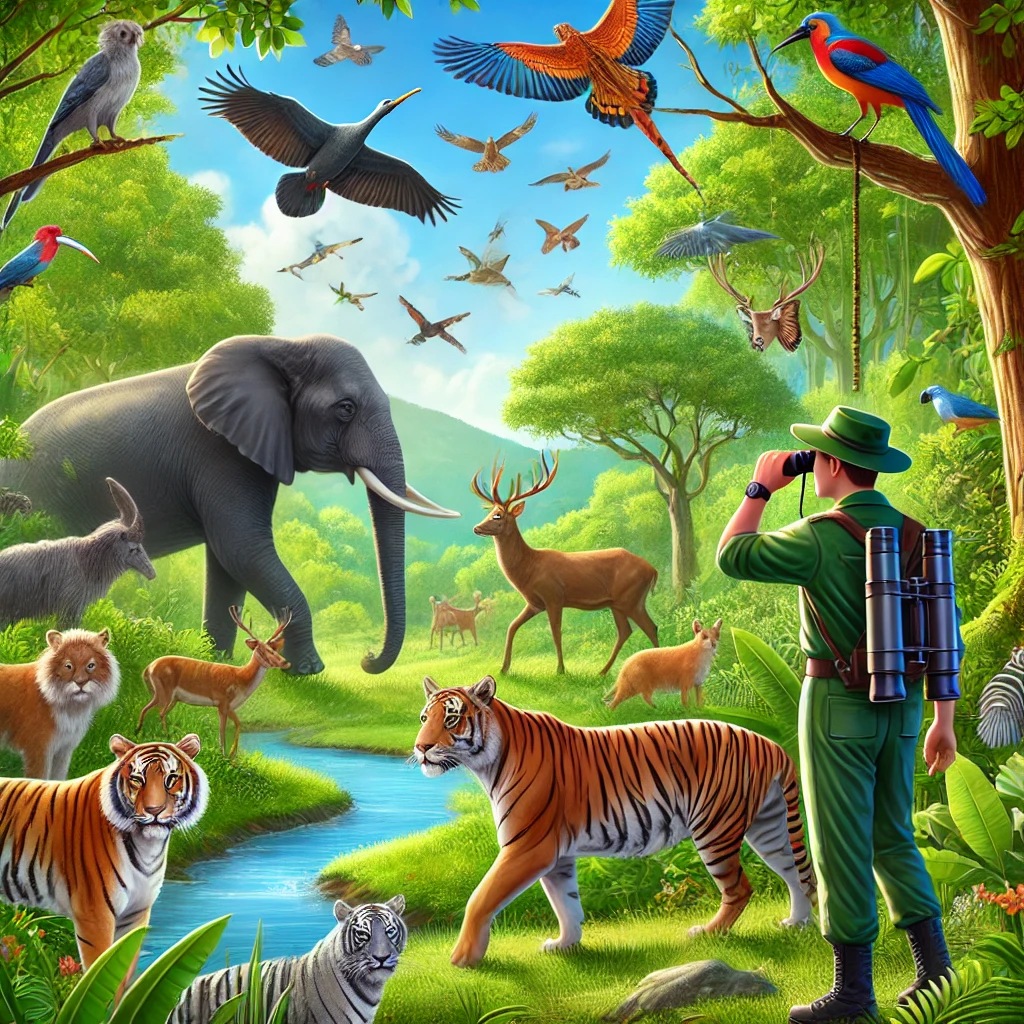
Wildlife Conservation: How You Can Help
Wildlife conservation is more critical than ever as habitat destruction, climate change, and poaching threaten countless species. While governments and conservation organizations play a significant role, individuals like you can also make a difference. Here’s how you can contribute to wildlife conservation and help protect the planet’s incredible biodiversity.
Why Wildlife Conservation Matters
Wildlife plays a vital role in maintaining healthy ecosystems. From pollination to pest control, every species has a purpose. The loss of even one species can disrupt entire ecosystems, leading to unforeseen consequences for both nature and humans. By taking action, we can ensure future generations experience the beauty and benefits of a thriving natural world.
1. Support Conservation Organizations
One of the most direct ways to support wildlife conservation is by donating to or volunteering with reputable organizations. Groups like the World Wildlife Fund (WWF), The Nature Conservancy, and local wildlife rescue centers work tirelessly to protect endangered species and their habitats. Even small donations can help fund crucial conservation projects.
2. Adopt Sustainable Living Habits
Your everyday choices impact wildlife more than you might think. Here are a few ways to live more sustainably:
- Reduce, Reuse, Recycle: Minimizing waste helps reduce pollution that can harm animals and their habitats.
- Choose Sustainable Products: Opt for eco-friendly, cruelty-free products that don’t contribute to deforestation or habitat destruction.
- Conserve Water and Energy: Using resources wisely reduces your carbon footprint, which helps combat climate change and protect wildlife.
3. Educate Yourself and Others
Raising awareness is a powerful tool for wildlife conservation. Share information on social media, participate in community events, and educate others about the importance of protecting wildlife. The more people know, the greater the collective impact.
4. Support Ethical Tourism
If you love traveling, consider ethical wildlife tourism. Avoid attractions that exploit animals, such as elephant rides or dolphin shows. Instead, choose eco-tourism experiences that promote conservation efforts and respect natural habitats.
5. Plant Native Trees and Create Wildlife-Friendly Spaces
Planting native trees and flowers in your backyard or community can provide food and shelter for local wildlife. If you have space, creating a wildlife-friendly garden with bird feeders, bee-friendly plants, and small water sources can make a big difference.
6. Speak Up and Advocate for Wildlife Protection
Use your voice to support policies and legislation that protect wildlife and their habitats. Contact local representatives, sign petitions, and participate in conservation initiatives to make your voice heard.
7. Be a Responsible Pet Owner
Pets can impact local wildlife if not managed properly. Keep cats indoors to prevent them from hunting birds and small mammals, and avoid releasing exotic pets into the wild, as they can become invasive species that disrupt ecosystems.
Wildlife conservation is a shared responsibility that requires global and individual efforts. By making small but meaningful changes in our daily lives, we can protect vulnerable species and preserve the natural world for future generations. Every action counts—so start today and be a part of the solution!
Would you like to learn more about specific conservation efforts? Let us know in the comments!
